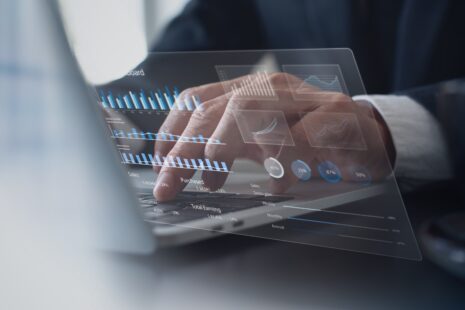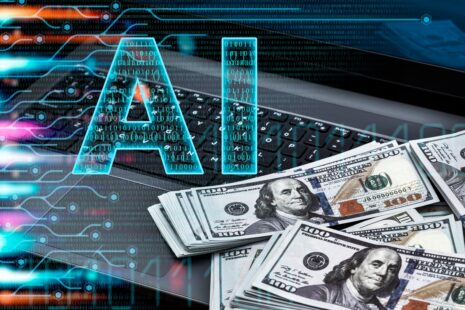The impact of AI on jobs depends heavily on the nature of your work. AI is excellent at automating repetitive, data-driven, and predictable tasks but struggles with roles requiring creativity, emotional intelligence, and strategic thinking. Here’s a breakdown to help assess if AI might impact your job.
Jobs Most at Risk
AI is more likely to replace roles that…
- Involve repetitive or routine tasks, such as
- Data entry clerks
- Customer support representatives (via chatbots)
- Assembly line workers
- Basic financial analysts
- Rely on pattern recognition, like
- Radiologists analyzing medical images
- Loan officers assessing creditworthiness
- Retail cashiers with automated checkout systems
Jobs AI is Unlikely to Replace
Roles that require uniquely human skills are safer, such as
- Creativity and Innovation
- Writers, artists, and marketing strategists
- Emotional Intelligence
- Therapists, social workers, and teachers
- Complex Problem-Solving
- Management roles, scientists, and high-level engineers
- Physical Dexterity and Adaptability
- Skilled trades like electricians and plumbers
How to Future-Proof Your Career
AI is less about “replacing” jobs and more about transforming them. To stay ahead…
- Upskill in AI Tools
Familiarize yourself with AI and automation technologies relevant to your industry. For instance, marketers can learn tools like ChatGPT for content creation, or data analysts can use AI for predictive modeling. - Focus on Human-Centric Skills
Develop soft skills such as empathy, leadership, and critical thinking that AI cannot replicate. - Embrace Lifelong Learning
Industries are evolving rapidly, so continuous education will help you adapt to new roles created by AI. - Seek Hybrid Roles
Jobs that combine human and AI strengths—such as AI specialists, data analysts, or content strategists—are in high demand.
Things to Note
- AI is a tool, not a replacement for humans in most industries.
- Jobs won’t disappear entirely but will evolve, requiring new skills and perspectives.
- Many industries will use AI to complement human abilities, making roles more efficient and impactful.
AI might change your job, but it won’t necessarily take it. By staying adaptable, learning new skills, and focusing on what makes humans unique, you can remain relevant and thrive in an AI-driven future.




